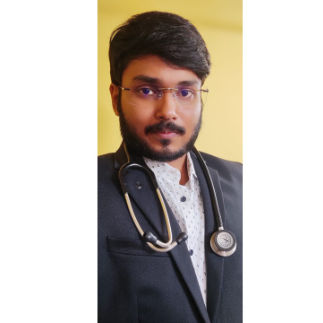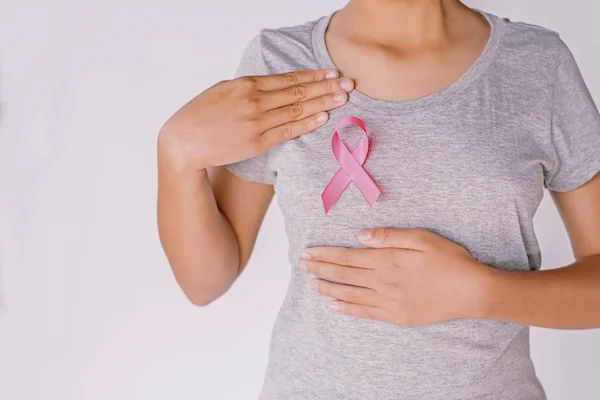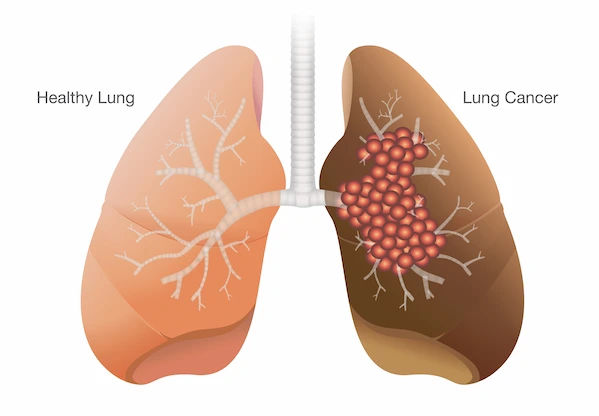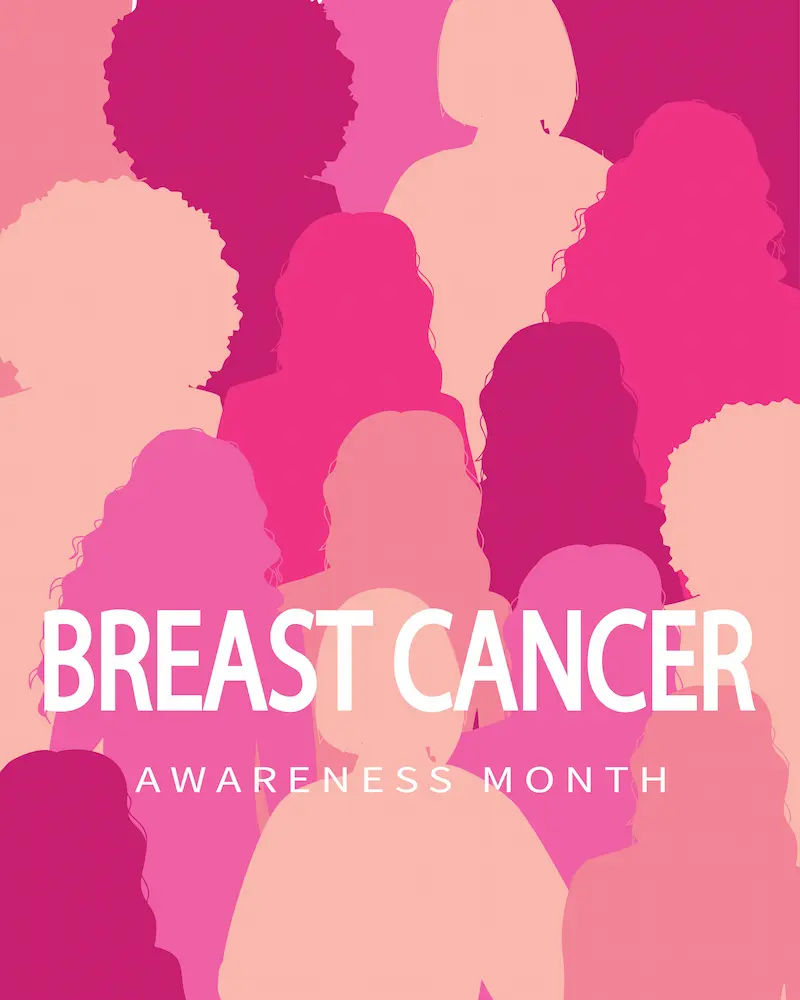Breast Cancer Screening: Methods and Importance
Learn about the various breast cancer screening methods such as mammography, clinical breast exams, and self-exams. Understand their importance in early detection, improving treatment outcomes, and saving lives.

Written by Dr. Dhankecha Mayank Dineshbhai
Reviewed by Dr. Md Yusuf Shareef MBBS
Last updated on 13th Jan, 2026

Breast cancer is one of the most common cancers affecting women worldwide. The good news is that early detection through regular screening can significantly improve treatment outcomes and save lives. If detected early, breast cancer is highly treatable, and many women go on to live healthy, fulfilling lives after treatment.
This article will guide you through the importance of breast cancer screening, the different methods available, and how you can take proactive steps for your health.
Why Is Breast Cancer Screening Important?
Breast cancer screening helps detect cancer before symptoms appear. Early detection means:
- Higher chances of successful treatment
- More treatment options available (less aggressive treatments may be possible)
- Better survival rates
Many women with early-stage breast cancer experience no symptoms, which is why regular screening is crucial—especially for women over 40 or those with a family history of breast cancer.
Who Should Get Screened?
While breast cancer can affect anyone, certain factors increase risk:
- Age (risk increases after 40)
- Family history of breast or ovarian cancer
- Genetic mutations (e.g., BRCA1 or BRCA2 genes)
- Early menstruation (before age 12) or late menopause (after 55)
- Obesity or sedentary lifestyle
- Alcohol consumption and smoking
General Screening Guidelines:
- Women aged 40-44: Optional yearly mammograms (discuss with a doctor).
- Women aged 45-54: Yearly mammograms recommended.
- Women 55 and older: Mammograms every 1-2 years.
- High-risk women (family history/genetic risk): May need earlier and more frequent screenings, including MRIs.
Always consult your doctor to determine the best screening plan for you.
Consult Top Specialists
Methods of Breast Cancer Screening
1. Mammogram (Mammography)
- What it is: An X-ray of the breast.
- Why it’s important: Detects tumours too small to feel.
- How often: Typically once a year after 40.
- Discomfort: Some pressure is applied, but it’s brief and tolerable.
2. Clinical Breast Exam (CBE)
- What it is: A doctor or nurse checks for lumps or changes.
- Why it’s important: Helps detect abnormalities missed in self-exams.
- How often: Every 1-3 years for women in their 20s-30s; annually after 40.
3. Breast Self-Exam (BSE)
- What it is: Checking your own breasts for changes.
- Why it’s important: Helps you become familiar with your body.
- How often: Monthly (best done a few days after your period).
4. Breast Ultrasound
- What it is: Uses sound waves to create images
- Why it’s important: Helps evaluate lumps found in a mammogram.
- Best for: Women with dense breasts.
5. Breast MRI
- What it is: A detailed imaging test using magnets and radio waves.
- Why it’s important: Used for high-risk women or to further investigate abnormalities.
- Not a replacement for mammograms: Usually used alongside them.
What Happens If Something Is Detected?
If a screening detects an abnormality, don’t panic—most findings are not cancer. Further tests may include:
- Diagnostic mammogram (more detailed than a screening mammogram)
- Biopsy (removing a small tissue sample for testing)
- Ultrasound or MRI for clearer imaging
Your doctor will guide you through the next steps if needed.
How to Reduce Your Risk of Breast Cancer
While not all breast cancers are preventable, healthy habits can lower risk:
- Maintain a healthy weight (obesity increases risk)
- Exercise regularly (30 minutes a day helps)
- Limit alcohol (even one drink a day may increase risk)
- Avoid smoking
- Breastfeed if possible (lowers risk)Eat a balanced diet (fruits, vegetables, whole grains)
When to See a Doctor Immediately
Even with regular screening, watch for these warning signs:
- A new lump in the breast or armpit
- Thickening or swelling in part of the breast
- Nipple discharge (other than breast milk)
- Changes in breast size or shape
- Pain in any area of the breast
If you notice any of these, schedule an appointment with your doctor right away.
Conclusion
Breast cancer screening is a powerful tool for early detection. If you’re due for a mammogram or have concerns about your breast health, don’t delay—early action saves lives.
Apollo 24|7 makes it easy to book a consultation or schedule a mammogram from the comfort of your home. Speak to a specialist today and take the first step toward protecting your health.
Consult Top Specialists
Consult Top Specialists

Dr.sanchayan Mandal
Medical Oncologist
17 Years • MBBS, DrNB( MEDICAL ONCOLOGY), DNB (RADIOTHERAPY),ECMO. PDCR. ASCO
Kolkata
Dr. Sanchayan Mandal Oncology Clinic, Kolkata

Dr. Sanchayan Mandal
Medical Oncologist
17 Years • MBBS, DNB Raditherapy, DrNB Medical Oncology
East Midnapore
VIVEKANANDA SEBA SADAN, East Midnapore

Dr Gowshikk Rajkumar
Oncologist
10 Years • MBBS, DMRT, DNB in Radiation oncology
Bengaluru
Apollo Clinic, JP nagar, Bengaluru

Dr. Gopal Kumar
Head, Neck and Thyroid Cancer Surgeon
15 Years • MBBS, MS , FARHNS ( Seoul, South Korea ), FGOLF ( MSKCC, New York )
Delhi
Apollo Hospitals Indraprastha, Delhi
(25+ Patients)

Dr. Rupam Manna
Radiation Specialist Oncologist
7 Years • MBBS MD(RADIO THERAPY), CCEBDM
Barasat
Diab-Eat-Ease, Barasat
Consult Top Specialists

Dr.sanchayan Mandal
Medical Oncologist
17 Years • MBBS, DrNB( MEDICAL ONCOLOGY), DNB (RADIOTHERAPY),ECMO. PDCR. ASCO
Kolkata
Dr. Sanchayan Mandal Oncology Clinic, Kolkata

Dr. Sanchayan Mandal
Medical Oncologist
17 Years • MBBS, DNB Raditherapy, DrNB Medical Oncology
East Midnapore
VIVEKANANDA SEBA SADAN, East Midnapore

Dr Gowshikk Rajkumar
Oncologist
10 Years • MBBS, DMRT, DNB in Radiation oncology
Bengaluru
Apollo Clinic, JP nagar, Bengaluru

Dr. Gopal Kumar
Head, Neck and Thyroid Cancer Surgeon
15 Years • MBBS, MS , FARHNS ( Seoul, South Korea ), FGOLF ( MSKCC, New York )
Delhi
Apollo Hospitals Indraprastha, Delhi
(25+ Patients)

Dr. Rupam Manna
Radiation Specialist Oncologist
7 Years • MBBS MD(RADIO THERAPY), CCEBDM
Barasat
Diab-Eat-Ease, Barasat




